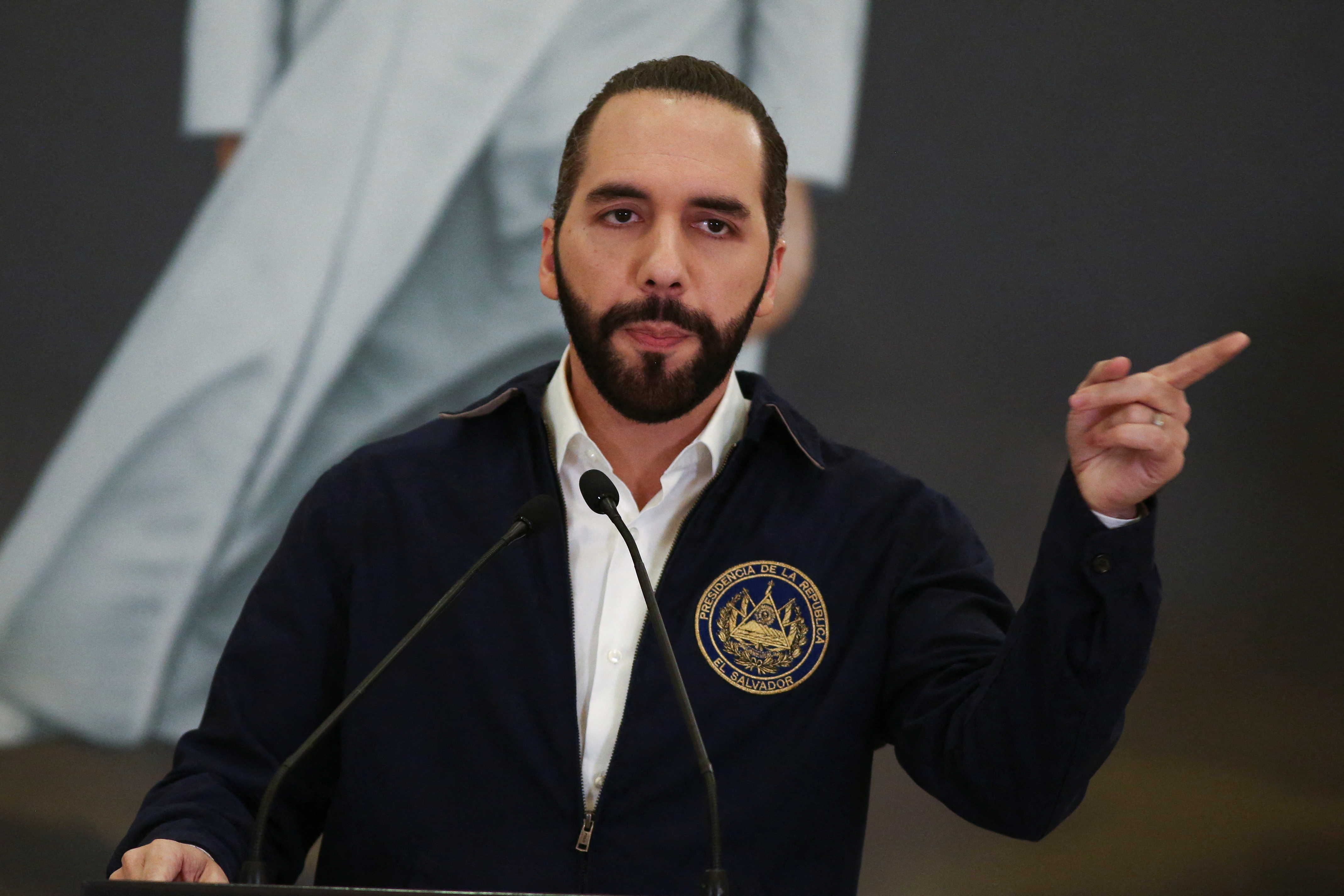Get the weekly summary of crypto market analysis, news, and forecasts! This Week’s Summary The crypto market ends the week at a total market capitalization of $2,17 trillion. Bitcoin continues to trade at around $62,300. Ethereum experiences no changes and stagnates at around $2,400. XRP is down by 2%, Solana by 1%, and Dogecoin by 3%. Almost all altcoins are trading in the red, with very few exceptions. The DeFi sector decreased the total value of protocols (TVL) to around…
Nayib Bukele Was Right: Bank of England Resumes Money Printing
El Salvador President Nayib Bukele took a victory lap on Monday after the Bank of England’s British pound rapidly depreciated against the dollar.
The institution has since resumed quantitative easing. Its action marks a clear pivot that many in the Bitcoin community predicted central banks would be forced into months in advance.
Bukele’s Callout
Bukele tagged the Bank of England with a triumphant “Told you,” over Twitter, scoring over 14,000 like and 2000 retweets from his followers.
His brief comment was a follow-up to his popular remark against the central bank late last year. At the time, the bank suggested that it was “worried” about El Salvador’s use of Bitcoin as legal tender, reinforcing earlier statements about crypto destabilizing the financial system.
In response, Bukele countered that he was “really concerned” about the Bank of England “printing money out of thin air”. He did not believe the bank’s concern was genuine.

The president has dismissed many of his other critics in similar fashion, including the International Monetary Fund. He even said El Salvador “DGAF” about Moody’s downgrading of its sovereign debt score in January.
Many have criticized Bukele since adopting Bitcoin last year, as its price has fallen over 50% since that time. However, the Bank of England began running into its own currency issues this week as the pound neared parity with the US dollar. It now trades for $1.08.
It didn’t stop there: the central bank on Wednesday announced that it would temporarily begin purchasing long-dated U.K. government bonds. Rates for the 10-year glit were beginning to skyrocket as pension plans were forced to sell their long-term government debt under liquidation pressure from their interest rate derivatives.
By conducting yield curve control, the central bank pumps more money into the economy, which is even more inflationary for its currency. By contrast, Bitcoin is known for having a fixed supply, and is therefore immune to debasement.
Are Other Central Banks Next?
Throughout the year, central banks have generally been devoted to tightening monetary policy to combat inflation. The Federal Reserve, for instance, has been consistently raising its benchmark interest rate while shrinking its balance sheet.
Likewise, government treasury yields have also been rising in the United States. This combined with weaker economic growth for two straight quarters has left many expecting a deep recession or other economic “blow up” in the States.
Among them is Stanley Druckenmiller – a billionaire investor who predicted Wednesday that recession would likely arrive before the end of 2023. Yet despite the potential for economic pain, he hopes the Fed can stay its course to keep inflation in check.
“Let’s see what happens if we get a hard landing,” he said. “You have to slay the dragon. And the chair is right. You’re probably going to have some pain.”
Bitcoiners have historically not been so optimistic. Jack Dorsey, for instance, believes the dollar will spiral into hyperinflation.
Study Reveals Fossil Fuels Still Power 62% of Bitcoin Mining
Genesis Head of Sales Steps Down a Month After CEO
Written by
More author posts
Publish your own article
Guest post article. Guaranteed publishing with just a few clicks
START PUBLISHING ADVERTISE WITH US





